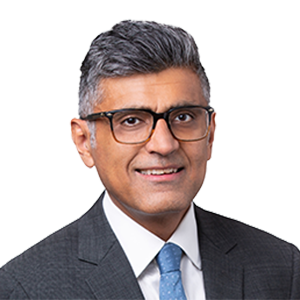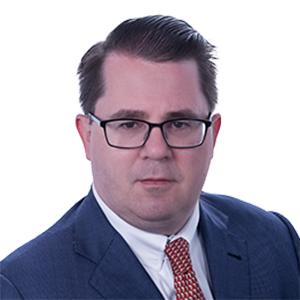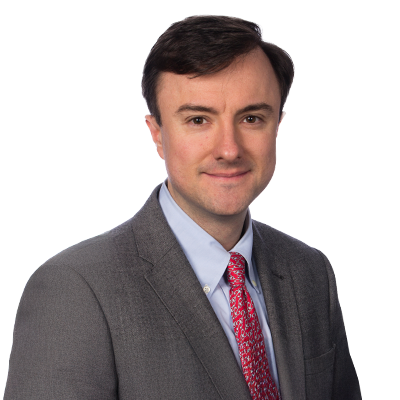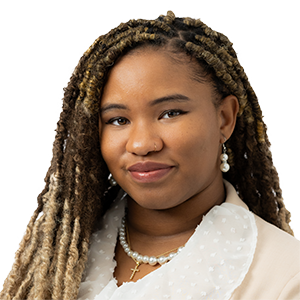On March 21, 2022, the United States Attorney for the Southern District of New York (SDNY), Damian Williams, announced to the securities industry at the annual SIFMA Compliance and Legal Conference that his office is increasing its focus on private funds, including hedge funds, private equity funds and even family offices. This announcement follows the Securities and Exchange Commission’s (SEC) recent proposed rules to require private equity and hedge funds to provide certain disclosures to their investors and guard against conflicts, which we previously wrote about in this alert. Both US Attorney Williams and SEC Chairman Gensler cited the supposed lack of transparency of funds coupled with the significant economic impact of private equity activity as reasons for the increased focus on this area.
While some have argued that the government does not need to protect sophisticated investors in private funds, US Attorney Williams dismissed this notion by simply stating that “fraud is fraud,” and the law does not distinguish between types of investors. He further noted that private funds are no longer the exclusive domain of private institutional investors. For example, due to explosive growth, private equity funds now receive investment dollars from many pension funds for municipal and other workers, whom, Mr. Williams stated, are deserving of government protection.
US Attorney Williams further discussed the difficulty of investigating the valuation of assets in private funds because the fund managers often have considerable discretion, particularly with respect to highly illiquid investments, to determine how to value complex fund assets such as residential mortgage-backed securities or distressed debt or derivatives. While uncovering issues of fraud in these situations is difficult, Mr. Williams said his office is up to the challenge. As an example, he cited the recent SDNY case against Infinity Q Capital Management’s (Infinity Q) founder and former Chief Investment Officer, James Velissaris. Infinity Q is a New York-based investment adviser that ran a mutual fund and a hedge fund that purported to have approximately US$3 billion in assets under management. On February 17, Mr. Velissaris was charged with securities fraud, wire fraud, investment advisor fraud, lying to auditors and obstruction of justice. According to the SDNY’s press release, Mr. Velissaris allegedly made false and misleading statements to investors regarding the valuation process used for the company’s over-the-counter derivative positions and he “fraudulently mismarked those securities in ways that did not reflect their fair value.” To conceal the fraud, Mr. Velissaris then submitted allegedly fabricated or altered documents to both the SEC and the fund’s auditors to cover his tracks.
As the Department of Justice and SEC increasingly turn their focus towards private funds, private funds should examine their valuation process to make sure that they can justify their valuations. To assist in that process, a strong compliance program is important. As Mr. Williams stated, companies need to sharpen their compliance to get ahead of issues. A key component will be to document contemporaneously the exercise of business judgment. Issues of undervaluation and overvaluation can occur in various manners and circumstances depending on the type of private fund, i.e. private equity versus hedge fund. But having a rigorous process with clearly articulable principles that are consistently applied across the board is also key to staying ahead of these issues.








